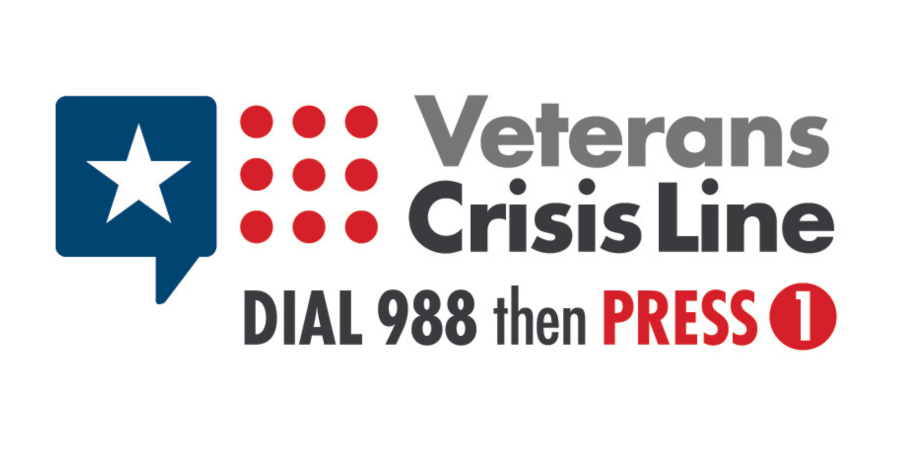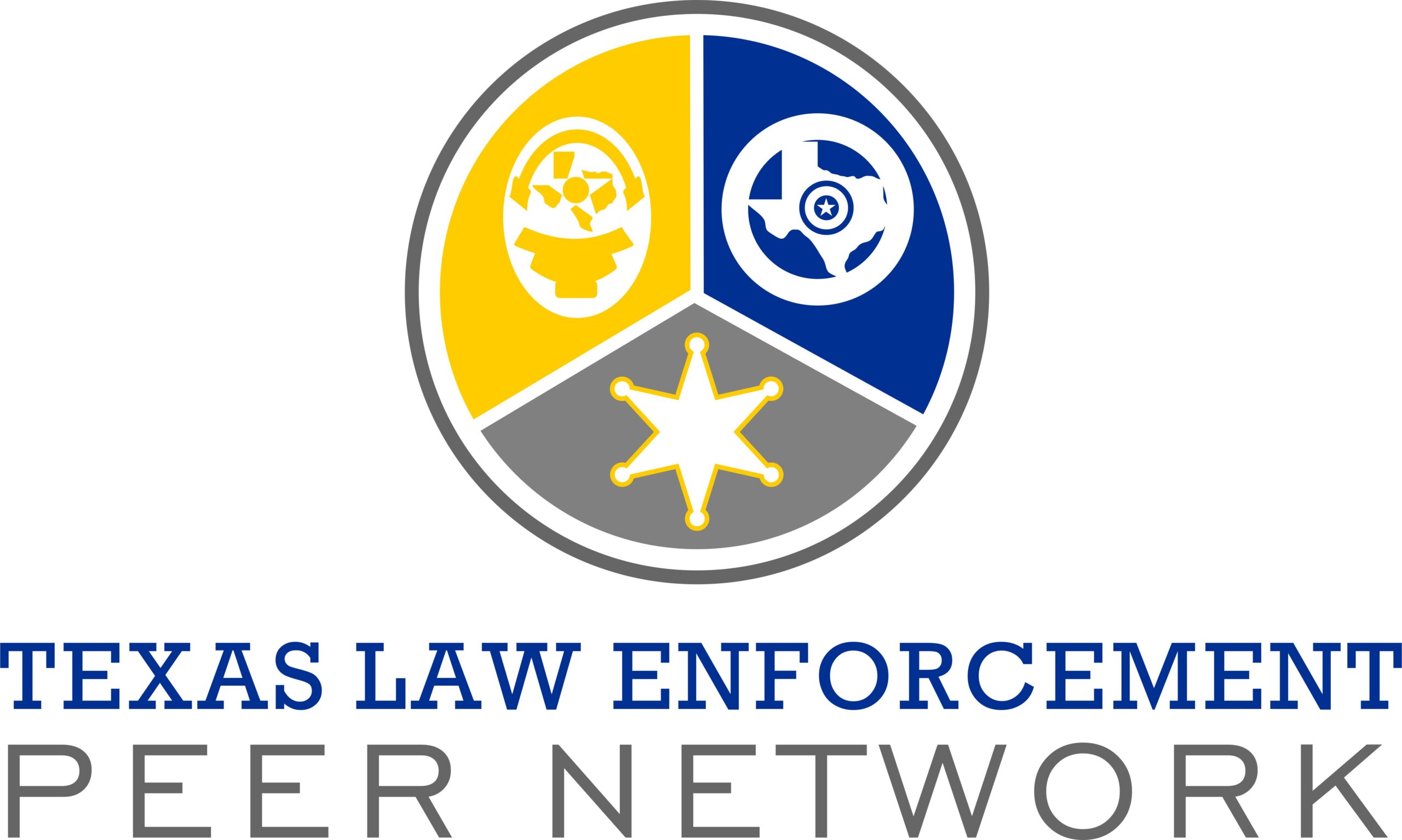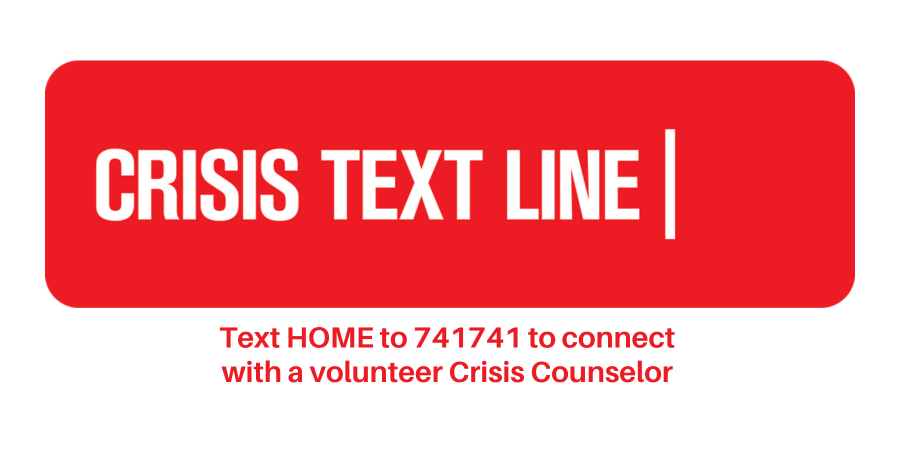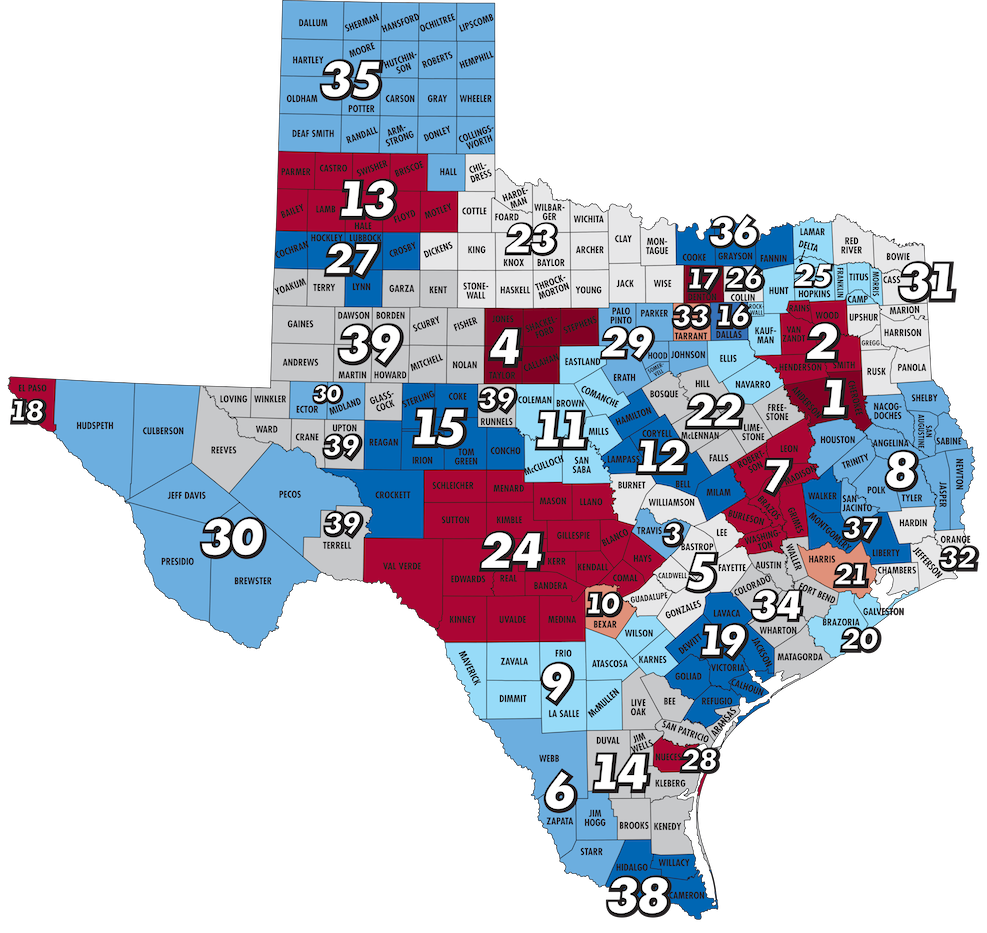If you are in crisis, please reach out to one of the crisis lines by clicking on the logos below.

Texas Suicide Prevention 2026 Symposium
Save the Date
Join us in person for the Texas Suicide Prevention Symposium 2026, a two-day convening focused on collaboration, learning, and advancing suicide prevention efforts across Texas and beyond.📍 New Braunfels, Texas
📅 August 11–12, 2026
🗓️ Two-day, in-person event
More details—including speakers, agenda, and registration—will be released soon.
Stay tuned for more information!
🎥 Now Available: Texas Suicide Prevention Symposium 2025 Recordings
Missed the 2025 Symposium or want to revisit key sessions?
Videos from the Texas Suicide Prevention Symposium 2025 are now live on our website.
Upcoming Events
#TxSP25 Symposium
October 1 – 9am to 4pm
October 2 – 9am to 4pm
Community Centers of Texas
Find your local Community Center for support or to volunteer. The 39 Community Centers of Texas manage and provide community-based services across all 254 Texas counties, touching the lives of people with intellectual and developmental disabilities, serious mental illness, and substance use disorders.
Get Help, Give Help
The Texas Suicide Prevention Collaborative relies on generous contributions from community members like you to support our work. The fact is that persons who are impacted by mental illness or who need support for suicide prevention, suicide loss, or a previous attempt rarely come into contact with the public mental health system. Many go without treatment or support at all.
To help communities, we must build and support locally available resources for those who may be at risk of suicide—and that’s the essential work of the Texas Suicide Prevention Collaborative. Given the size of Texas, this task is challenging, but with your support, we can accomplish it—together.
We now accept crypto donations along with traditional monetary donations. Please support those who need help in your community today.
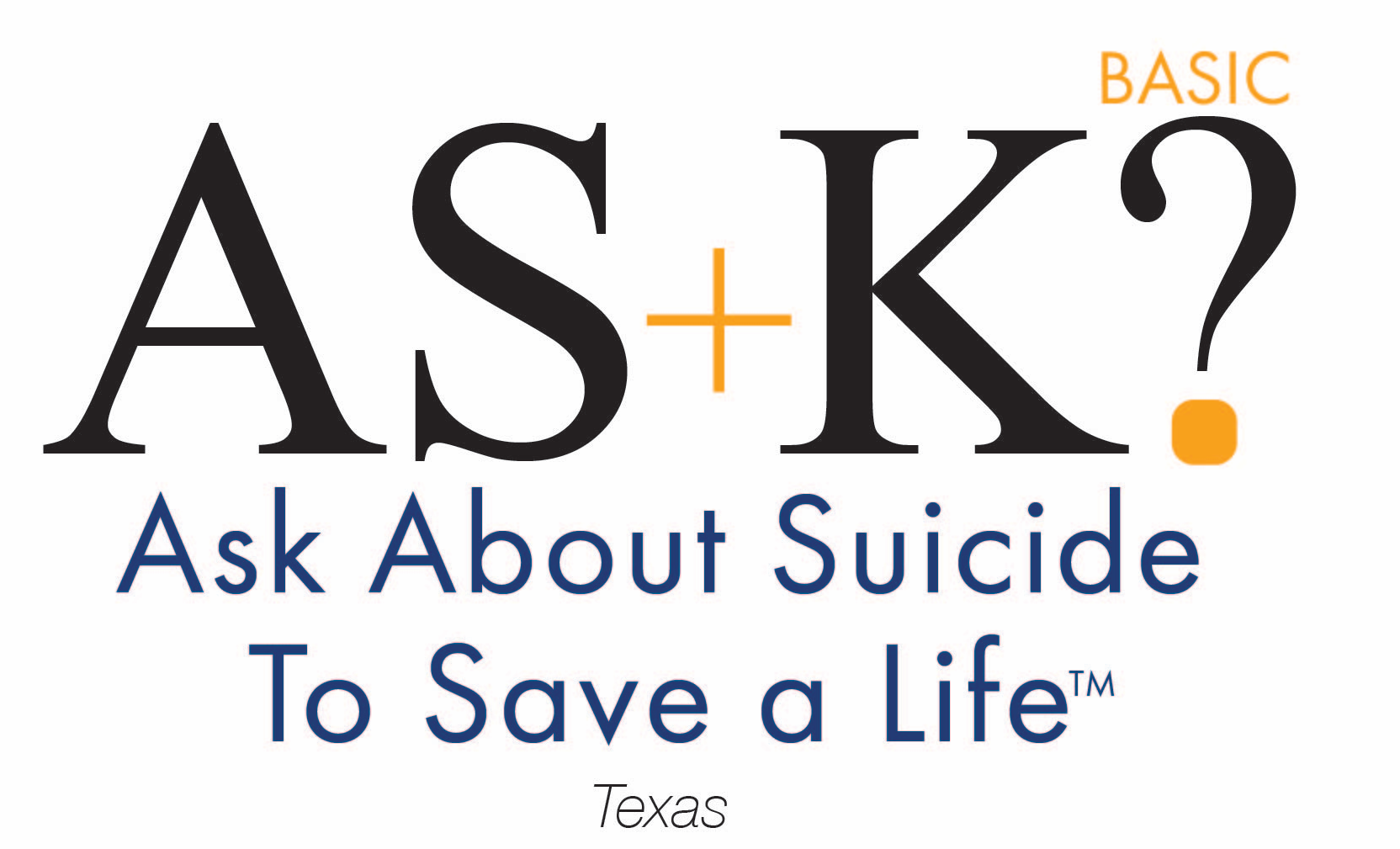
The AS+K? About Suicide to Save a Life – Basic Gatekeeper Training provides a one-hour overview of public health information important to developing suicide prevention gatekeeper skills. Course topics include risk factors, protective factors, and warning signs related to suicide and how to connect to care if you think someone may be struggling. Now available in Spanish!
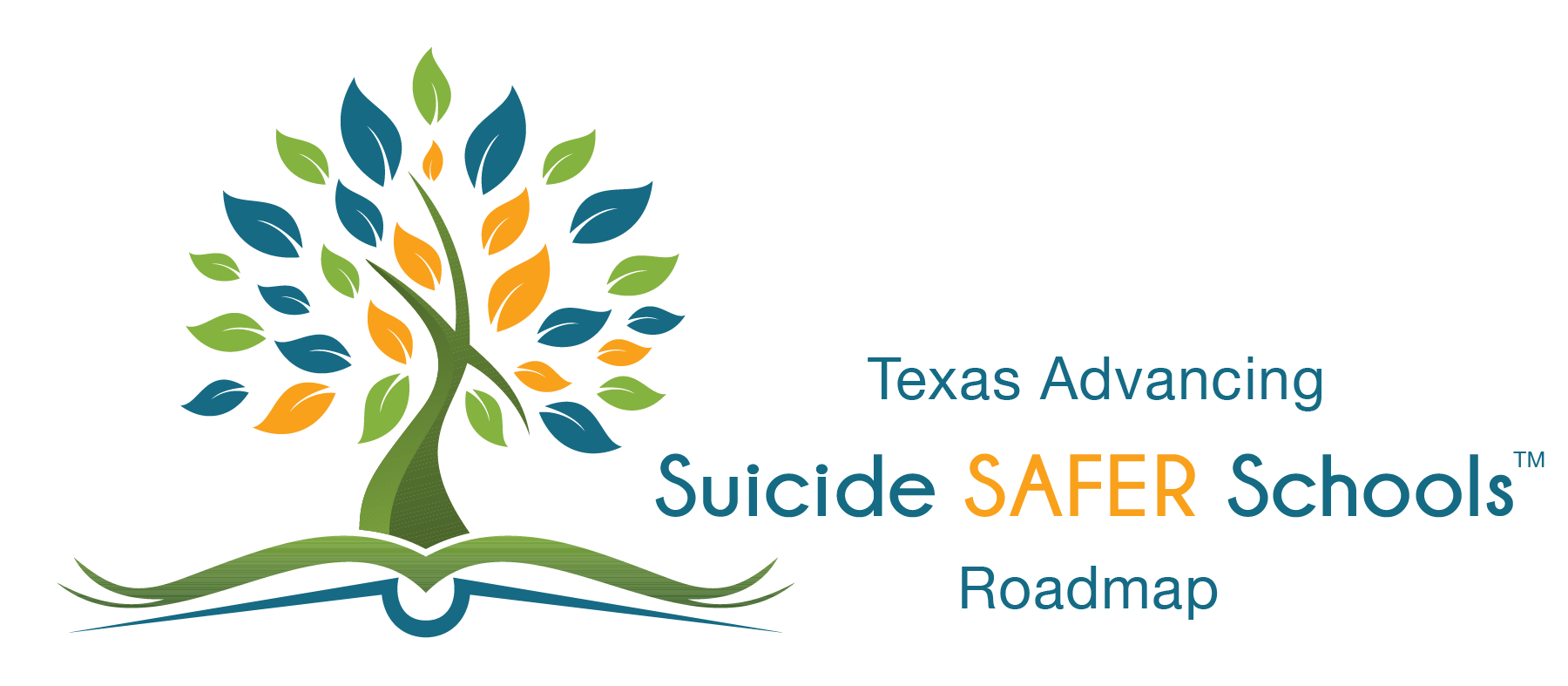
Resources for suicide prevention, intervention, and postvention planning for Texas schools and school districts.



